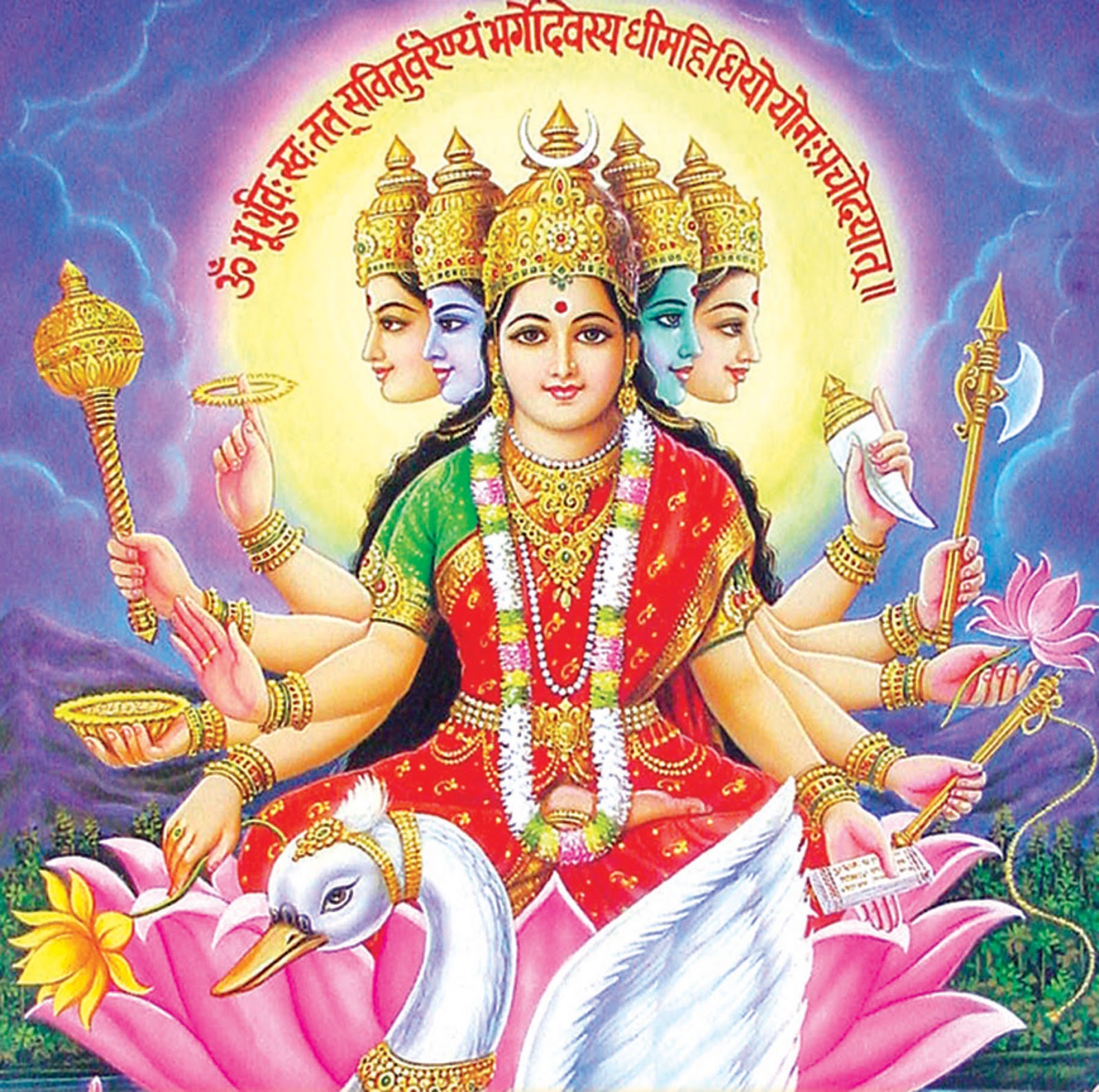The concept of goddesses has captivated humanity for centuries, weaving rich narratives across cultures and religions. In this article, we delve into the world of goddesses, exploring their significance, representations, and the impact they have had on various societies. From ancient civilizations to modern interpretations, goddesses symbolize power, fertility, wisdom, and many other essential aspects of life. The world of goddesses is not just a collection of deities; it is a reflection of the values, beliefs, and aspirations of the cultures that venerate them. By understanding these divine figures, we can gain insights into the historical and social contexts in which they were worshipped.
Goddesses often embody the ideals and struggles of the people who revere them, making them a crucial part of cultural identity. Whether through art, literature, or religious practices, goddesses have inspired countless generations, fostering a sense of connection and continuity. This article aims to provide a comprehensive overview of various goddesses from different cultures, highlighting their stories, attributes, and the lessons they impart.
As we embark on this exploration, we will examine the role of goddesses in mythology, their representation in modern media, and the ongoing relevance of these ancient figures in contemporary society. Join us as we unravel the tales of powerful goddesses from around the globe, each with her unique story and significance.
Table of Contents
- Introduction to Goddesses
- Mythological Significance of Goddesses
- Cultural Representations of Goddesses
- Famous Goddesses Across Cultures
- Modern Interpretations of Goddesses
- Goddesses in Art and Literature
- Impact of Goddesses on Society
- Conclusion
Introduction to Goddesses
Throughout history, goddesses have served as powerful symbols, representing various aspects of life, nature, and human experience. They are often depicted as nurturers, protectors, and warriors, embodying both the feminine divine and the complexities of existence. From the nurturing qualities of fertility goddesses to the fierce protectiveness of warrior goddesses, each figure offers a unique lens through which we can understand the world.
Mythological Significance of Goddesses
In many mythologies, goddesses play central roles that reflect the values and beliefs of their cultures. They often serve as mediators between humans and the divine, guiding mortals in their quests and struggles. For instance, in Greek mythology, Athena represents wisdom and warfare, while Demeter embodies agriculture and fertility. These figures not only illustrate the human condition but also provide moral lessons and cultural narratives that endure through time.
The Role of Goddesses in Mythology
- Goddesses as Creators: Many cultures depict goddesses as the creators of the universe, symbolizing the generative forces of nature.
- Goddesses as Protectors: They often serve as guardians of specific domains, such as love, war, or wisdom.
- Goddesses as Avatars of Change: Goddesses frequently embody transformation, representing the cycles of life and death.
Cultural Representations of Goddesses
The representation of goddesses varies significantly across cultures, influenced by historical, social, and environmental factors. In Hinduism, for example, goddesses like Durga and Kali are revered for their strength and ability to destroy evil forces. In contrast, the Virgin Mary in Christianity symbolizes purity and maternal care, reflecting different cultural attitudes towards femininity and divinity.
Goddesses in Different Cultures
- Egyptian Mythology: Isis, the goddess of motherhood and magic, exemplifies the nurturing aspect of femininity.
- Mesopotamian Mythology: Inanna is a multifaceted goddess representing love, war, and political power.
- Native American Beliefs: Many tribes honor goddess figures that personify the earth and natural cycles.
Famous Goddesses Across Cultures
Some goddesses have gained international recognition, transcending their cultural origins. These figures often represent universal themes of love, strength, and wisdom. Below are a few notable goddesses:
- Aphrodite: The Greek goddess of love and beauty, known for her enchanting allure.
- Venus: The Roman counterpart of Aphrodite, symbolizing love and desire.
- Freya: The Norse goddess of love, fertility, and battle, revered for her fierce independence.
Modern Interpretations of Goddesses
In contemporary society, the archetype of the goddess continues to evolve. Modern interpretations often reflect feminist ideals, empowering women and celebrating their strength. The resurgence of goddess spirituality and the incorporation of goddess imagery in popular culture highlight a growing recognition of the divine feminine.
Goddess Spirituality
- Emphasizes the importance of feminine energy in spiritual practices.
- Encourages women to connect with their inner strength and wisdom.
- Promotes inclusivity and diversity in interpretations of the goddess.
Goddesses in Art and Literature
The portrayal of goddesses in art and literature has played a significant role in shaping cultural perceptions. From ancient sculptures to modern literature, goddesses have inspired artists and writers to explore themes of femininity, power, and resilience.
Artistic Representations of Goddesses
- Classical sculptures depict goddesses in idealized forms, representing beauty and grace.
- Literature often portrays goddesses as complex characters, embodying both strength and vulnerability.
- Contemporary art reinterprets goddess figures, challenging traditional narratives and highlighting modern issues.
Impact of Goddesses on Society
The impact of goddesses extends beyond mythology and art; they have shaped societal norms and values. The reverence for goddesses often reflects the status of women in a culture, influencing gender roles and expectations. As societies evolve, so too does the interpretation of goddesses, allowing for a more nuanced understanding of femininity and divinity.
Conclusion
In exploring the world of goddesses, we uncover a rich tapestry of mythology, culture, and human experience. Goddesses serve as powerful symbols of strength, wisdom, and resilience, offering valuable insights into the values and beliefs of the cultures that honor them. As we reflect on the significance of these divine figures, we are reminded of the enduring impact they have on our understanding of femininity and the human experience.
We invite you to share your thoughts on the topic of goddesses in the comments below. If you enjoyed this article, consider sharing it with others or exploring more of our content on mythology and culture!
Thank you for joining us on this journey through the fascinating world of goddesses. We hope to see you again soon for more enlightening discussions!




